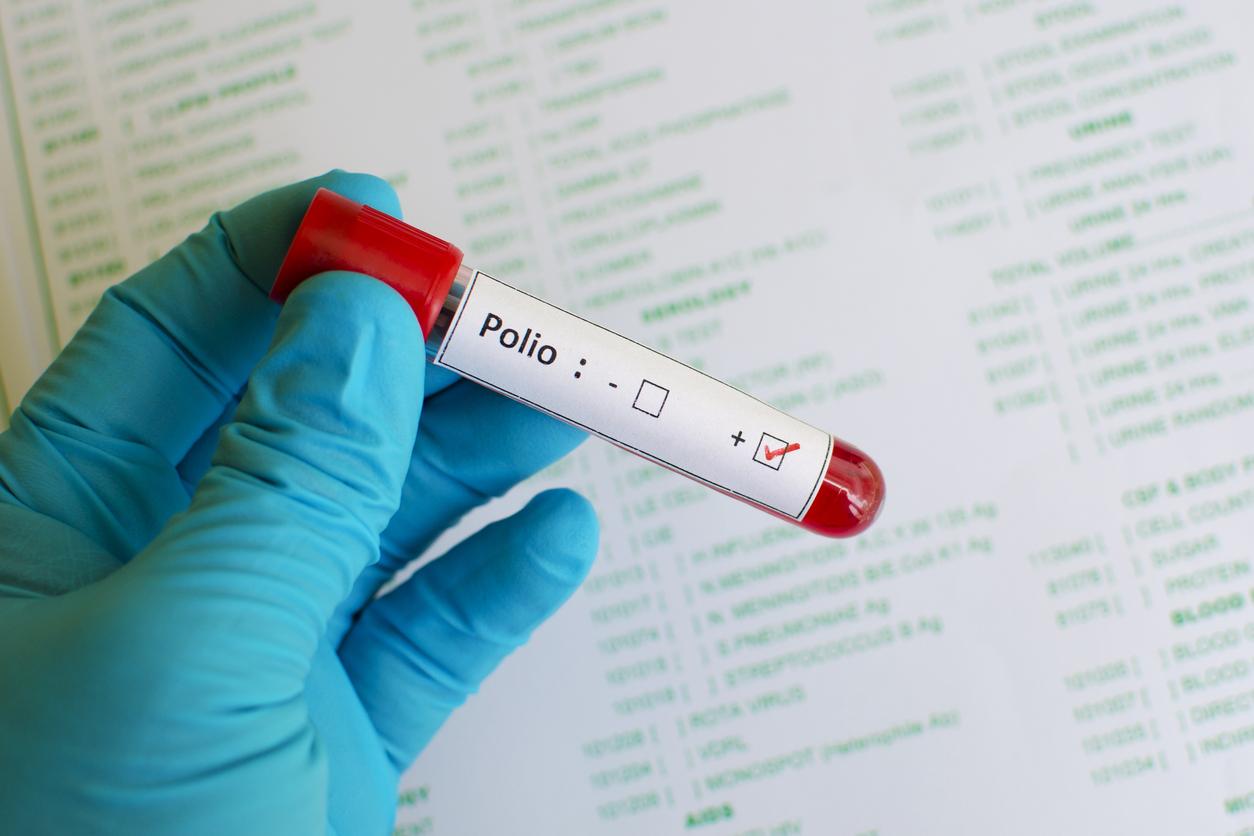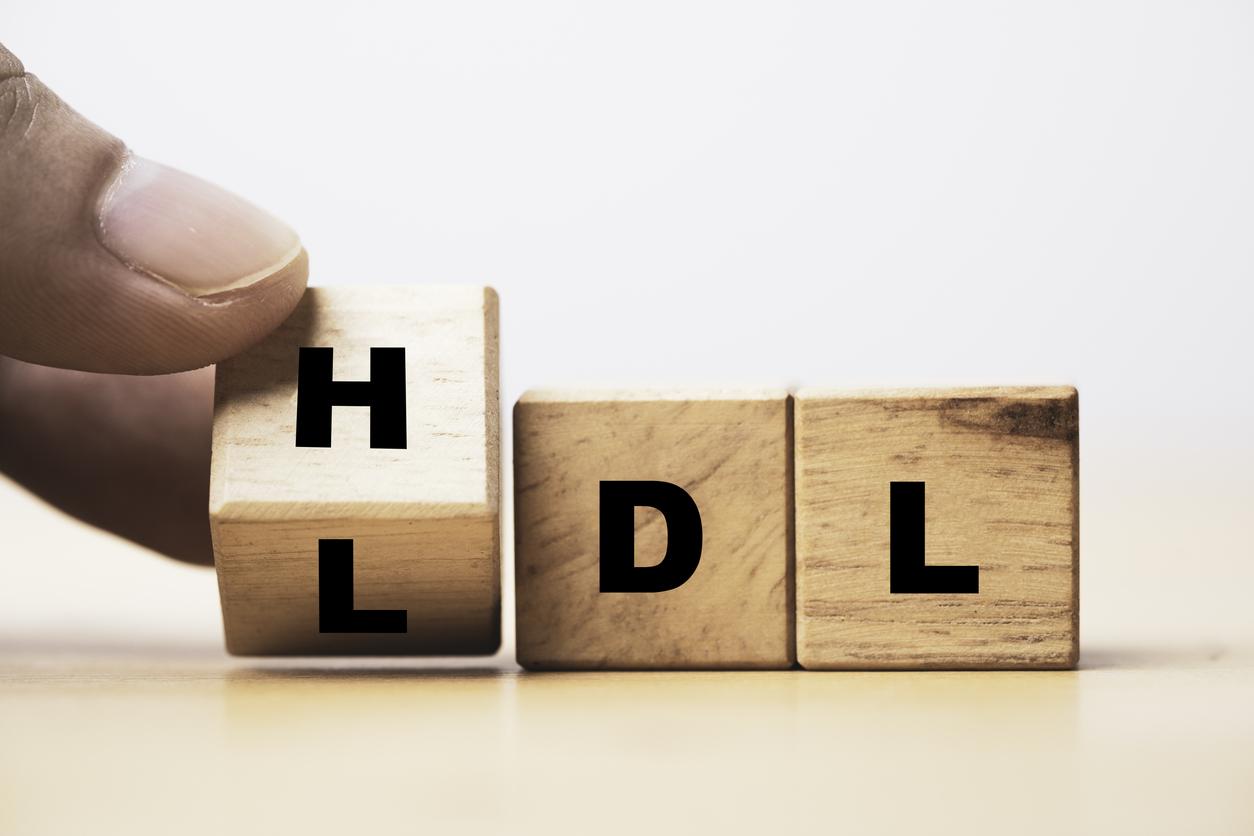People who have contracted Covid-19 have an increased risk of developing dyslipidemia, or abnormal lipid levels in the blood.

- Covid-19 is linked to a 29% increase in the risk of developing dyslipidemia, a condition involving abnormal levels of lipids in the blood.
- Elderly people and patients with type 2 diabetes are more strongly affected by this risk.
- Researchers advise all adults to have their lipid levels checked regularly, even those who have not been diagnosed with Covid-19.
While millions of people have been affected by Covid-19, researchers at the Albert Einstein College of Medicine have made a worrying discovery for the cardiovascular health of former patients. Having contracted SARS-CoV-2 increases the risk of developing dyslipidemia, a disorder characterized by an excessive concentration of cholesterol and/or triglycerides or by a low level of good cholesterol (HDL).
The scientists detailed this discovery in an article published in the journal The Journal of Clinical Investigation.
Covid-19: a risk of dyslipidemia increased by almost 30%
To better assess the impact of Covid-19 on metabolic health, the team followed more than 200,000 people living in Naples for 6 years. She first determined the incidence of dyslipidemia in this group during the three years preceding the start of the pandemic, i.e. between 2017 and 2019. She carried out the same research during the epidemic (2020-2022), excluding from the analysis people previously diagnosed with this disorder or who had previously taken lipid-lowering medications.
The results showed that people who survived Covid-19 were on average 29% more likely to suffer from disorders linked to abnormal levels of fat in the blood. However, dyslipidemia is an important factor in cardiovascular disease.
Furthermore, the increase in risk was even greater among those over 65 and patients suffering from chronic diseases, in particular type 2 diabetes.
“Given the scale of the pandemic, this increased risk of dyslipidemia is a cause for concern worldwide,” underlines Dr Gaetano Santulli, responsible for this work, in a press release.

Cholesterol, triglyceride: watch out for abnormalities even for “non-covid” people
“Based on our findings, we advise people to have their lipid levels monitored regularly and consult their doctors about ways to treat dyslipidemia if it is detected, especially older adults and diabetic patients.”concludes the specialist. He adds that this recommendation would apply to all adults, not just those who have been officially diagnosed with COVID-19, “since many people have been infected without realizing it”.
The researchers were unable to precisely determine the origin of the link discovered between the coronavirus and dyslipidemia. However, Dr. Santulli noted in an earlier study that SARS-CoV-2 disrupts the function of endothelial cells that line the inside of blood vessels throughout the body and play a critical role in regulating blood lipids.

















